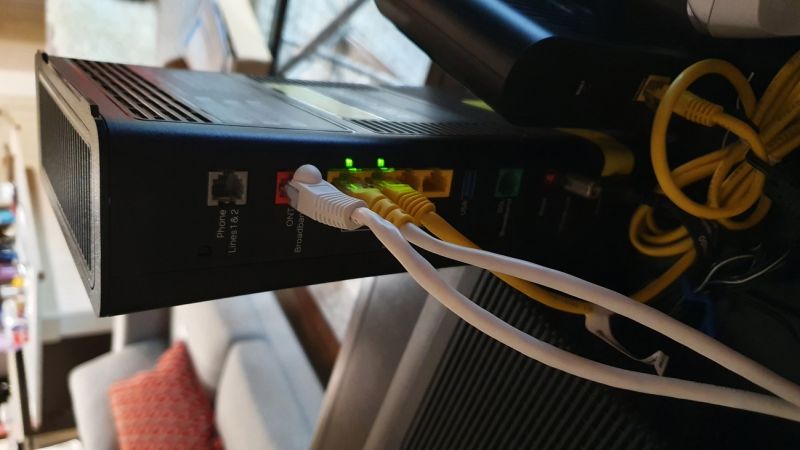Optimal Timing for Windows Installations
Determining the optimal time for Windows installations involves considering system readiness, workload schedules, and environmental factors. Proper timing can enhance performance, reduce downtime, and ensure compatibility with other system updates. Typically, scheduling installations during periods of low activity minimizes disruptions and allows for thorough configuration.
Ensure hardware and software compatibility before scheduling an installation to avoid delays and technical issues.
Plan installations during off-peak hours or maintenance windows to reduce impact on daily operations.
Avoid installations during extreme weather conditions or times of high network traffic for optimal results.
Coordinate Windows installations with other system updates to prevent conflicts and ensure stability.

Visual overview of the installation steps and system setup.

Images illustrating ideal scheduling periods for installations.

Graphics showing hardware and software readiness for updates.

Ways to make Windows Installations work in tight or awkward layouts.

Popular materials for Windows Installations and why they hold up over time.

Simple add-ons that improve Windows Installations without blowing the budget.
| Timing Aspect | Recommendation |
|---|---|
| Weekends | Ideal for major updates with minimal user activity. |
| Evenings | Suitable for scheduled maintenance after business hours. |
| Holidays | Best for extended installations that require downtime. |
| Off-Peak Hours | Reduces impact on daily operations. |
| System Readiness | Ensure hardware and software are prepared before scheduling. |
| Environmental Conditions | Avoid during extreme weather or high network traffic. |

Step-by-step installation interface.

Optimal times for performing Windows installations.

Ensuring system readiness for updates.

Timing installations to avoid peak network usage.

High-end options that actually feel worth it for Windows Installations.

Finishes and colors that play nicely with Windows Installations.
Windows installations are critical for maintaining system security, improving performance, and ensuring compatibility with new software features. Proper timing and preparation can prevent disruptions and maximize the benefits of updates. Regular updates are essential for protecting systems against vulnerabilities and enhancing operational efficiency.
Statistics indicate that scheduling updates during low-traffic periods can reduce installation time by up to 30 percent and decrease the likelihood of errors. Planning ahead and coordinating with IT schedules ensures smoother transitions and minimal impact on productivity.

Alert indicating available updates.

Monitoring installation progress.

Post-installation restart process.

Confirmation of completed installation.
Individuals interested in scheduling Windows installations are encouraged to contact for detailed planning and support. Proper timing ensures system stability, security, and optimal performance, making it a vital aspect of IT management.

